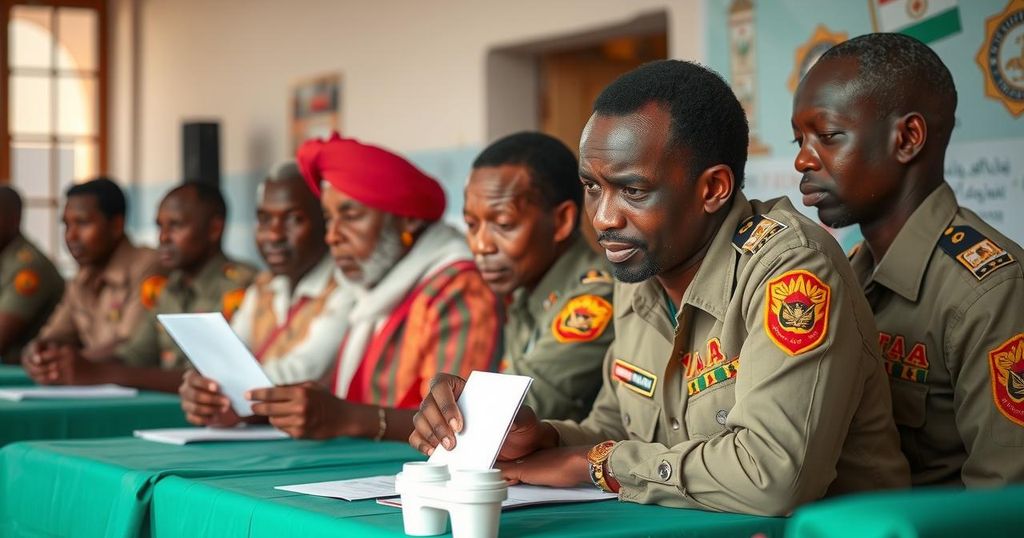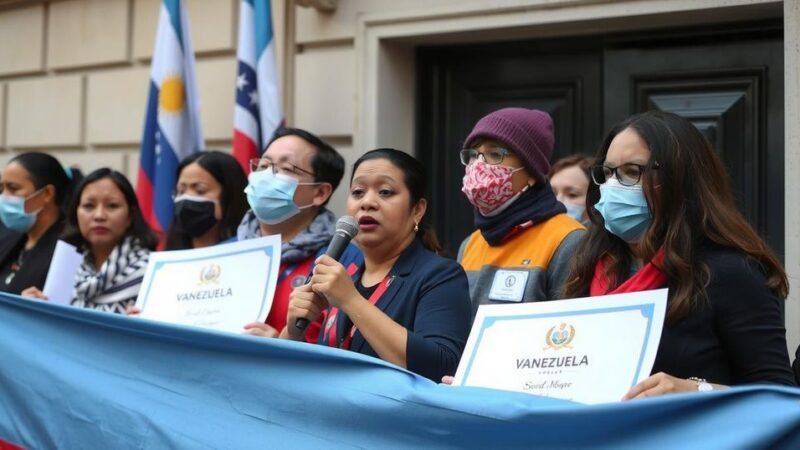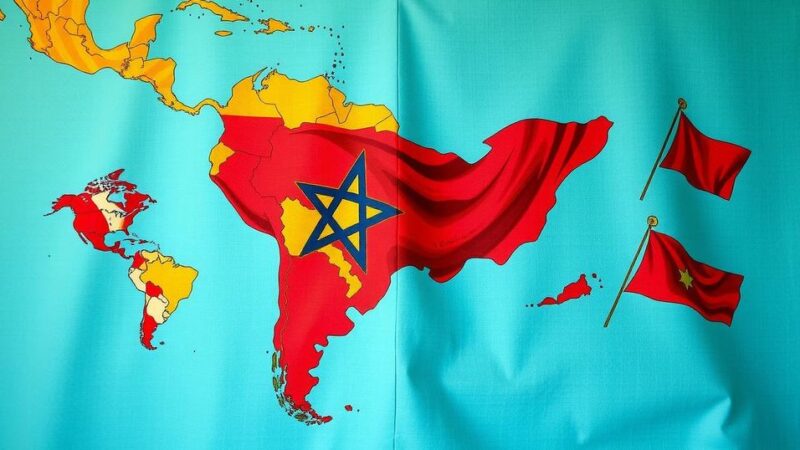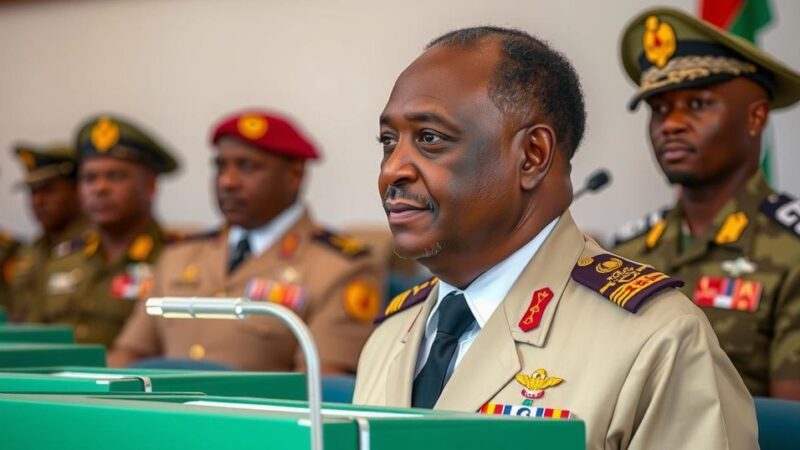Chad’s elections on Sunday are marred by opposition boycotts and claims of electoral fraud after three years of military rule. With candidates aligned with current leader Mahamat Idriss Itno likely to dominate, concerns about the legitimacy and integrity of the voting process abound amidst allegations of missing ballots and systematic electoral manipulation.
On Sunday, Chad held elections for legislative, provincial, and local positions amid a backdrop of discontent and opposition boycott. The elections, deemed the final phase of a political transition after a three-year military rule, saw candidates aligned with Marshal Mahamat Idriss Itno likely to dominate, following his controversial ascent to power in 2021. Opposition leader Succes Masra criticized the electoral process as fraudulent, asserting that “it is better to stay at home,” while alleging systemic manipulation of voting results. An opposition party claimed numerous ballots had gone missing, citing concerns over electoral integrity and fraud networks. Voting occurs under tight security with approximately eight million citizens registered, against a history of disrupted elections due to violence and other factors. As Chad seeks to transition back to democratic governance, its political landscape remains complicated by various domestic and regional challenges.
Chad’s recent shift towards elections occurs after years under military dictatorship following Idriss Déby’s death in 2021. Transitioning to civilian rule has faced significant hurdles, including rising opposition to the current regime and widespread allegations of electoral misconduct. The current governance claims to foster a democratic environment, yet the ongoing political strife and allegations of fraud highlight a turbulent nation grappling with its governance structure after decades of autocratic leadership. Social disturbances, such as attacks from Boko Haram, alongside the government’s withdrawal of financial support for media during the election period, further complicate the electoral landscape.
In conclusion, Chad’s elections occur against a fraught backdrop of opposition boycott and allegations of fraud that underscore the challenges facing the nation as it attempts to navigate the intricacies of transitioning to a democratic system. The effective governance remains under scrutiny as citizens express skepticism regarding the legitimacy of the electoral process. The situation is further exacerbated by insecurity from militant groups and political tensions, which cast doubt on this new political phase.
Original Source: www.barrons.com







